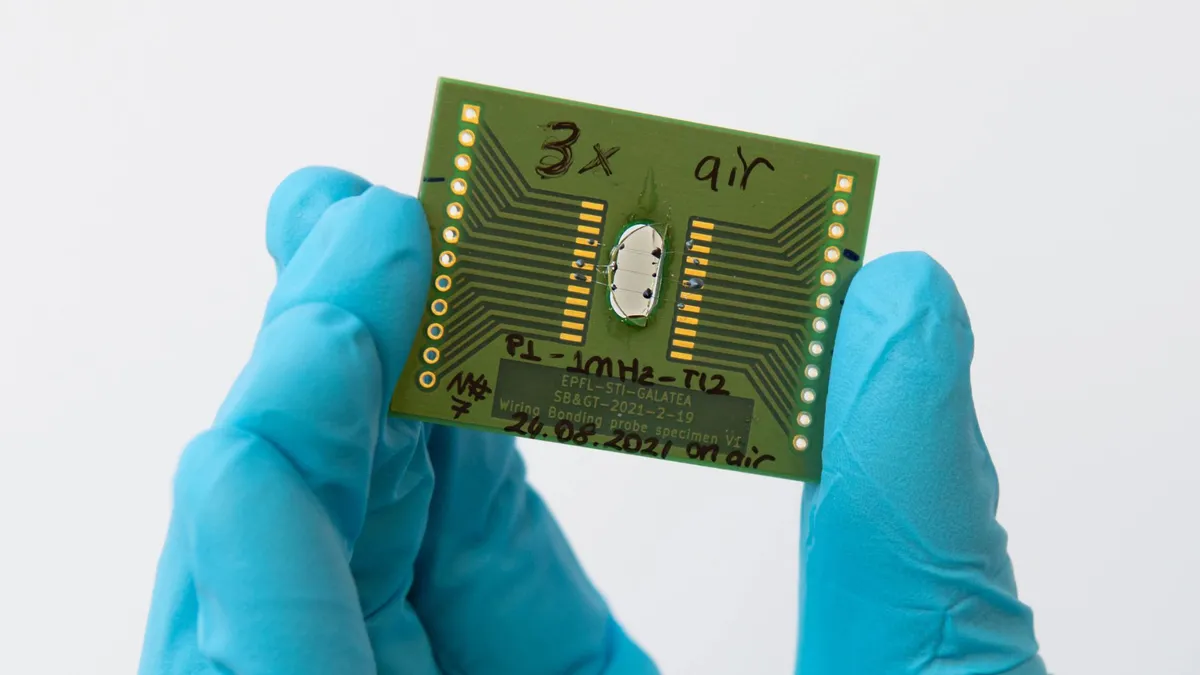The Chinese technology giants Alibaba and Baidu quit their quantum computing research. The shutting down of their research was a little over a month apart from each other. While Alibaba announced in November 2023 that it was donating all of its equipment to Zhejiang University, in Hangzhou, Baidu donated its research facility to the Beijing Academy of Quantum Information Sciences.
“It’s hard to get any real concrete information about what China’s doing in quantum and what its priorities are,” says Sam Howell, Center for a New American Security, adding, “The reason why it’s so significant, though, is because there are so few private-sector players involved in China’s quantum ecosystem, and those were two of the biggest.”
The decisions were not explained by the companies. Speculations include an attempt by the Chinese government to have higher control over this technology, or a possible winter in the quantum computing industry.
“It’s pretty expensive to run a quantum-computing program, and they probably just said we need to cut our losses now.”, says Edward Parker, Rand Corp.
While China is a world leader in quantum communications technology, it was slower in the quantum computing race. However, two announced quantum computers were “close to the global state of the art,” says Edward Parker. A photonic quantum computer was unveiled in December 2020 by researchers from the University of Science and Technology of China, in Hefei. This could solve a physics problem 100 trillion times as fast as a supercomputer. In addition, the same laboratory unveiled a 56-qubit superconducting quantum computer.
Parker also added that the country is now probably the second most capable in the world behind the United States when it comes to quantum computing.
“There’s still wide recognition [in China] that maintaining quantum capability is really strategically important, and there is still a desire to move it forward.”, added Sam Howell.







